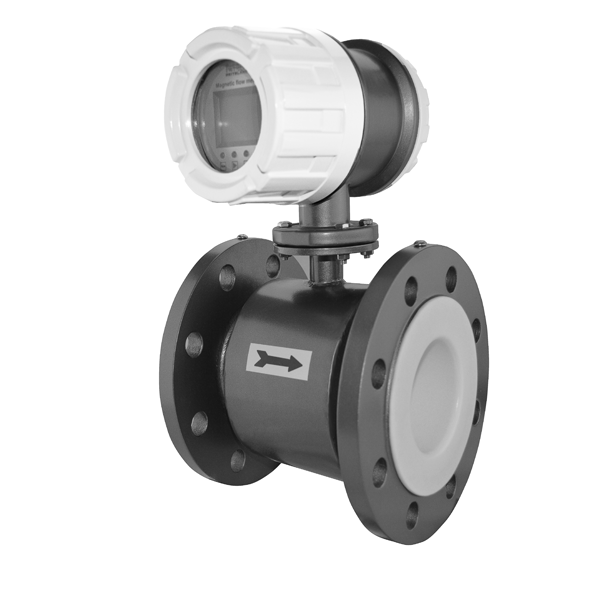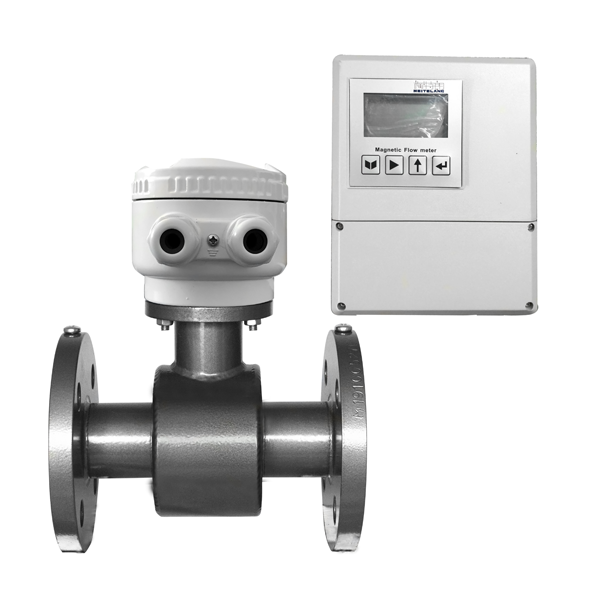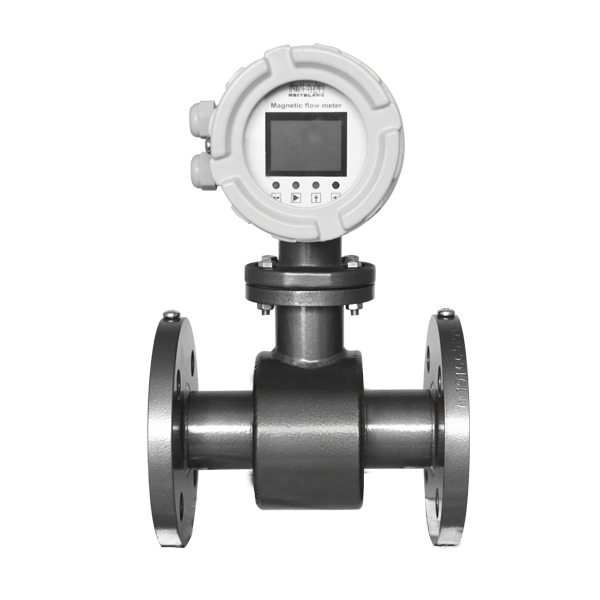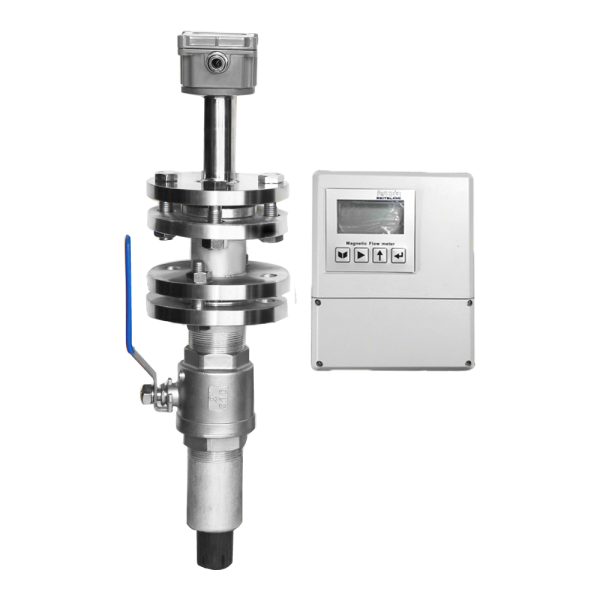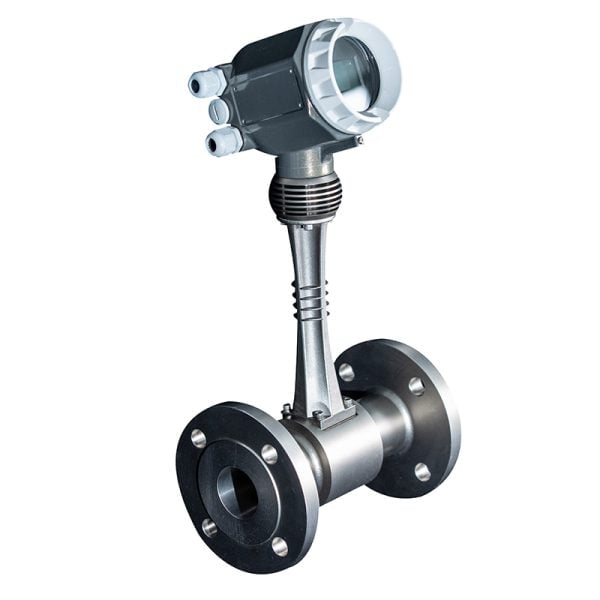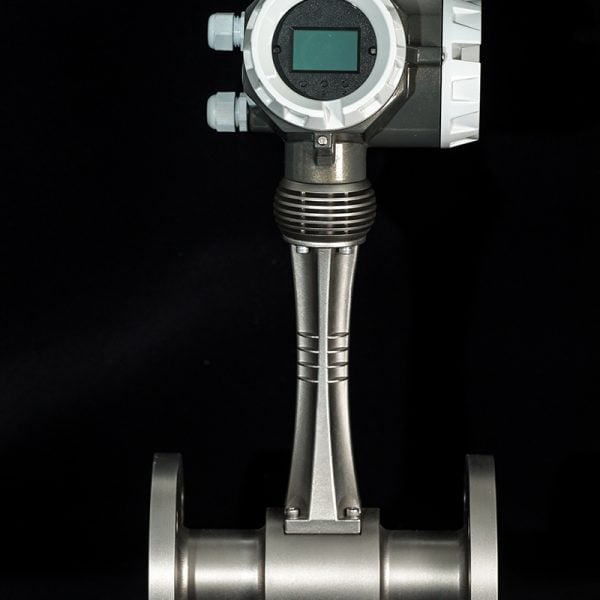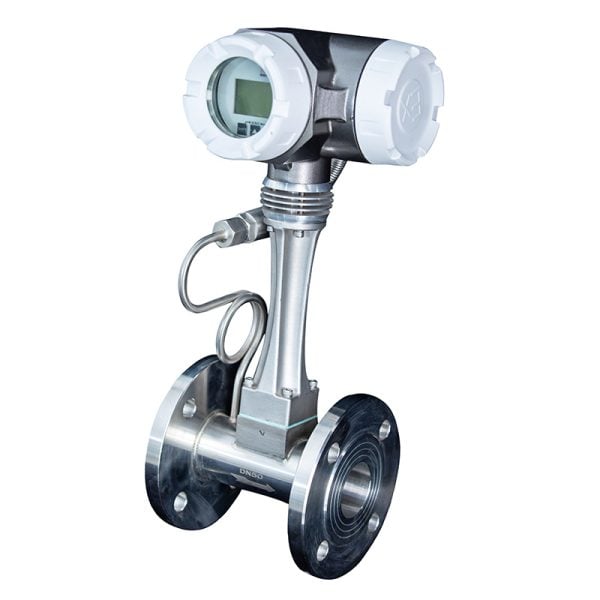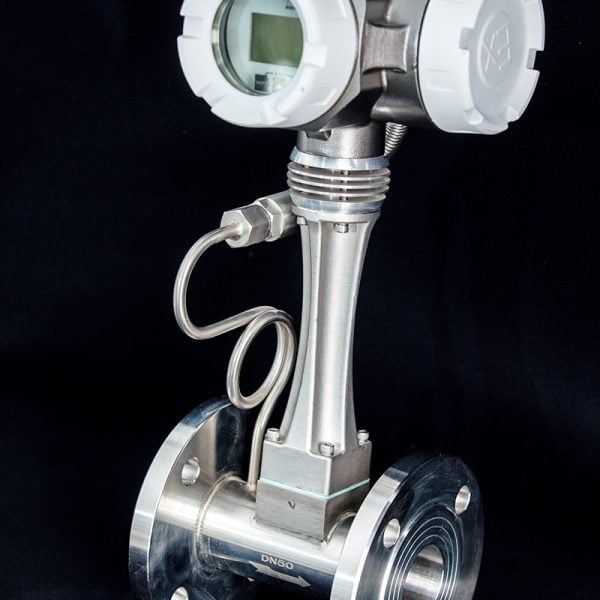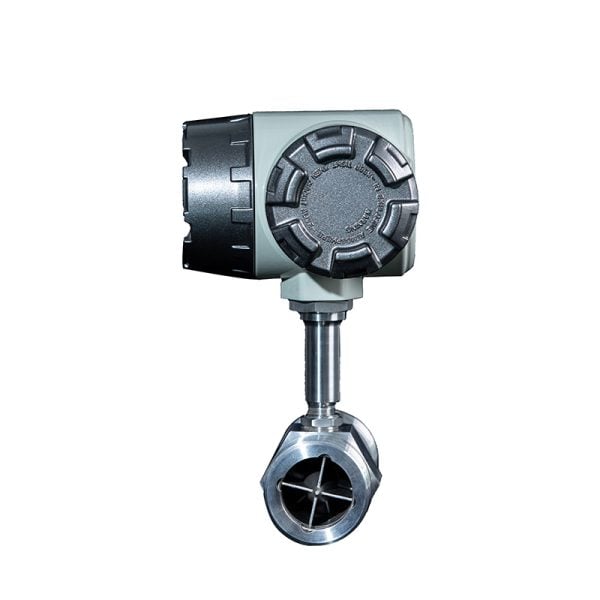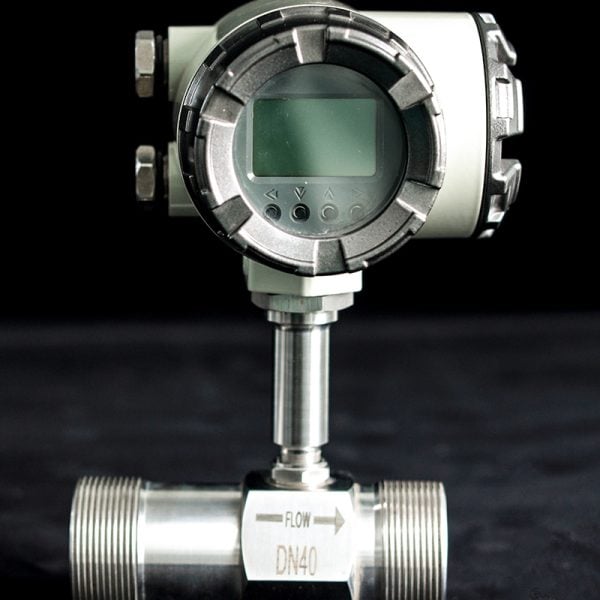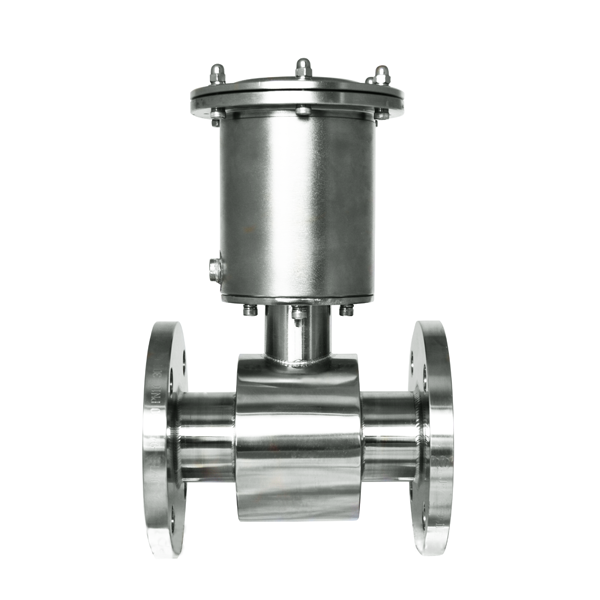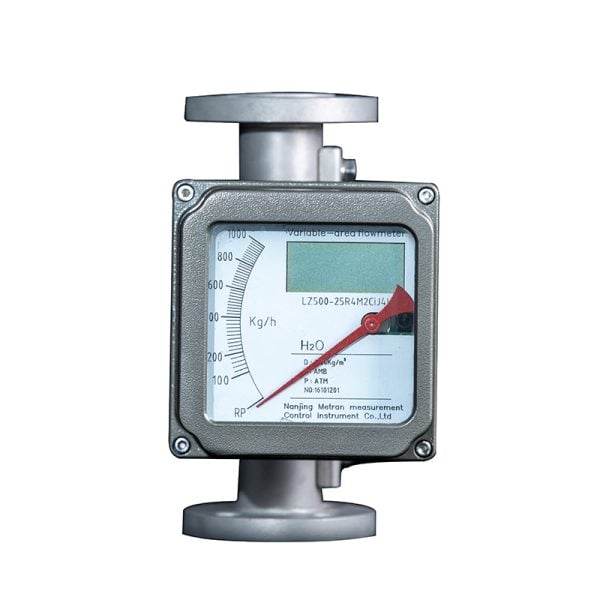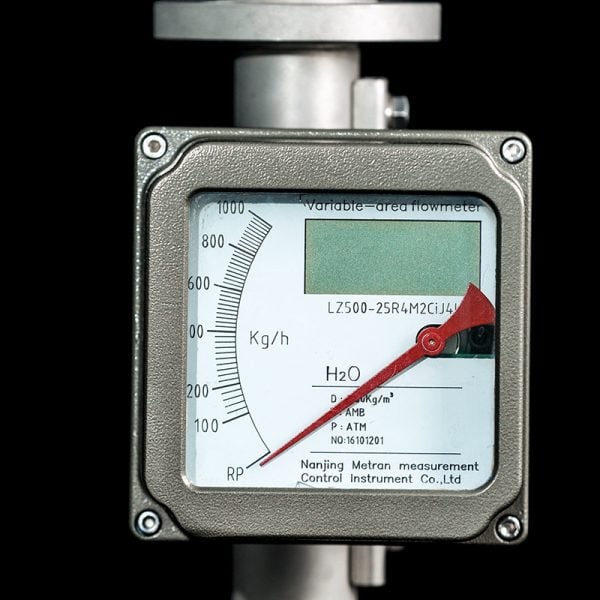Water Flow Meters
Selecting the correct flow meter for water measurement is crucial for optimizing efficiency, ensuring accurate billing, and maintaining system performance. With a wide variety of flow meters available, each with different technologies and specifications, it can be challenging to know which one is best suited for your needs. This guide will help you understand key factors to consider when selecting a water flow meter, the most recommended types for water applications, and why these choices are optimal for different scenarios.
Factors to Consider When Choosing a Water Flow Meter
When selecting a water flow meter, it’s essential to evaluate several key factors. Understanding these will allow you to narrow down the right type for your specific needs:
-
Water Quality
Water quality plays a significant role in determining the most suitable flow meter. For example, clean water allows for a broader range of meters, including mechanical types. However, for dirty, corrosive, or wastewater, more specialized meters like electromagnetic or ultrasonic meters are preferable, as they can handle impurities and chemical properties without clogging or degrading. -
Flow Rate and Range
The range of flow rates you need to measure also impacts your meter choice. Some meters perform well at low flow rates, while others are more suited for high-volume flows. Understanding the required flow range helps prevent errors and ensures consistent accuracy. -
Installation Environment
Some flow meters are highly sensitive to installation conditions, including pipe orientation, temperature, and pressure. It’s crucial to determine whether your system can accommodate a certain type of meter without significant modifications. For instance, ultrasonic meters can be installed non-intrusively, while mechanical meters need to be placed inside the pipe. -
Accuracy Requirements
If precision is critical—such as in billing systems, industrial processes, or water treatment—choosing a highly accurate meter is essential. Certain flow meters, like Coriolis and electromagnetic meters, offer excellent accuracy, making them ideal for applications where precision matters. -
Maintenance and Durability
Some flow meters have moving parts that are prone to wear, requiring regular maintenance. For long-term reliability, non-mechanical meters like ultrasonic or magnetic flow meters, which have no moving parts, are preferred. Assess the maintenance needs and the durability of the meter, especially if it’s being used in harsh or remote environments. -
Budget
Cost is always a consideration. While high-precision flow meters may offer better performance, they can come with a higher price tag. It’s important to weigh the cost against the benefits you’ll get from the meter in terms of accuracy, lifespan, and reliability.
Recommended Water Flow Meter Types and Reasons
Based on the factors mentioned above, here are the most recommended flow meter types for measuring water and why they are optimal for specific applications:
| Types | Best for | Pros. | Cons. |
|---|---|---|---|
| Electromagnetic Water Flow Meters | Clean and dirty water, wastewater, and applications where accuracy is key. |
|
|
| Turbine Water Flow Meters | Clean water applications, low-budget systems, and steady flow rates |
|
|
| Vortex Water Flow Meters | Industrial applications with fluctuating flow rates and moderate impurities |
|
|
| Differential Pressure (DP) Water Flow Meters | High-pressure systems, large water distribution networks, and water treatment plants. |
|
|
Choosing the Right Flow Meter for Your Application
Given the different types of flow meters, selecting the right one depends on your specific application and the conditions under which you’ll be measuring water flow. Here’s a quick breakdown to guide your decision:
-
For potable water systems
Consider ultrasonic or turbine flow meters. Ultrasonic is more expensive but offers non-intrusive installation, while turbine meters are more budget-friendly for clean water applications. -
For wastewater or dirty water
Electromagnetic (magmeters) or vortex meters are best. Magmeters are ideal for dirty or corrosive water, while vortex meters can handle fluids with moderate impurities. -
For precise billing
Positive displacement flow meters provide the most accuracy at low flow rates, making them perfect for residential or commercial billing applications. -
For industrial water measurement
Vortex or DP flow meters work well in industrial settings where water flow can be variable, and durability is key. -
For large-scale municipal systems
Electromagnetic or differential pressure flow meters are suited for large pipes and high flow rates typical in municipal water distribution.
Choosing the right water flow meter involves balancing the need for accuracy, installation constraints, water quality, and budget. Electromagnetic flow meters stand out as the most versatile choice for both clean and dirty water, while ultrasonic and positive displacement meters excel in specific scenarios like non-intrusive installations and highly accurate billing systems. By understanding the unique demands of your water system, you can select the best flow meter to optimize performance and ensure long-term reliability.

